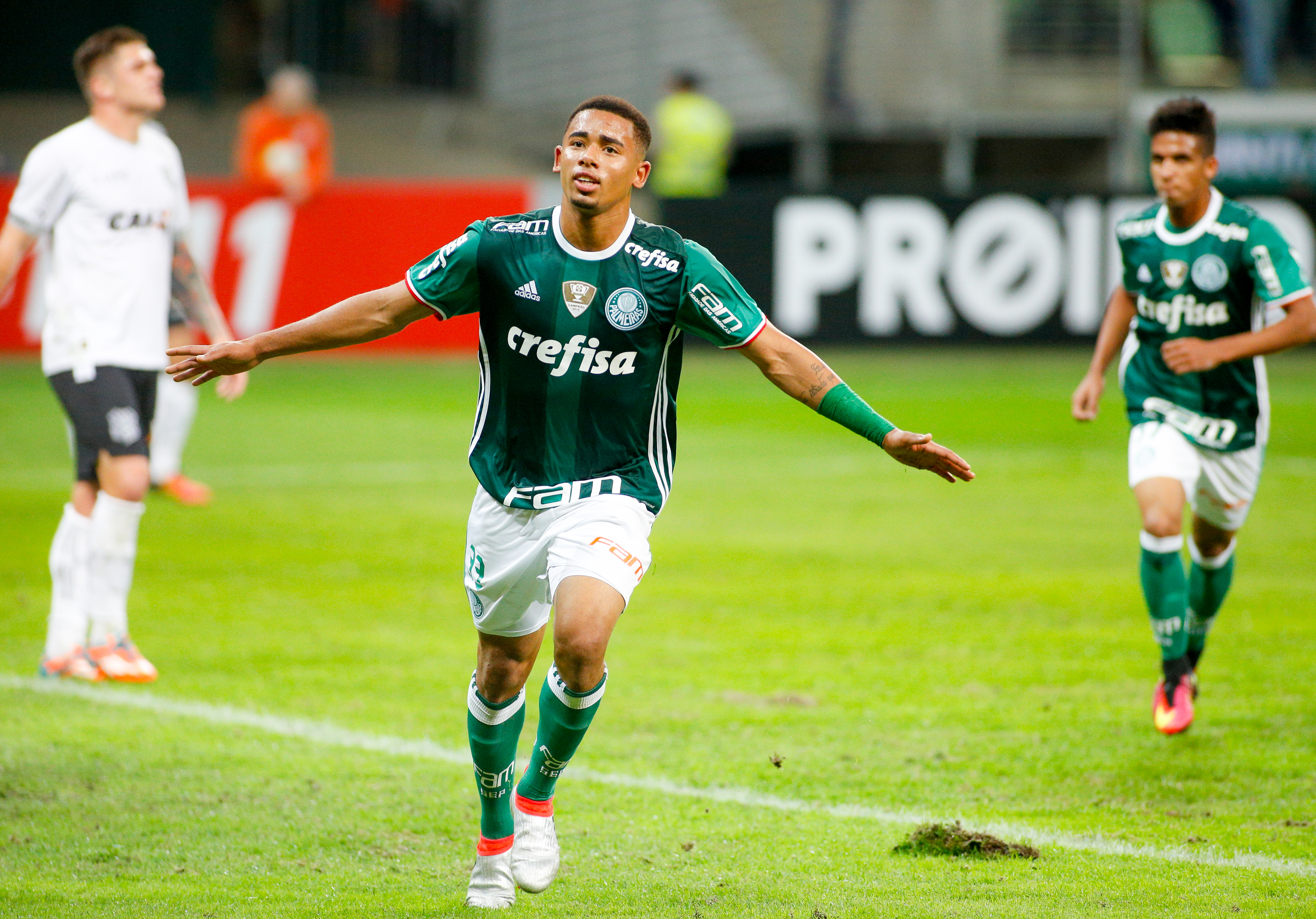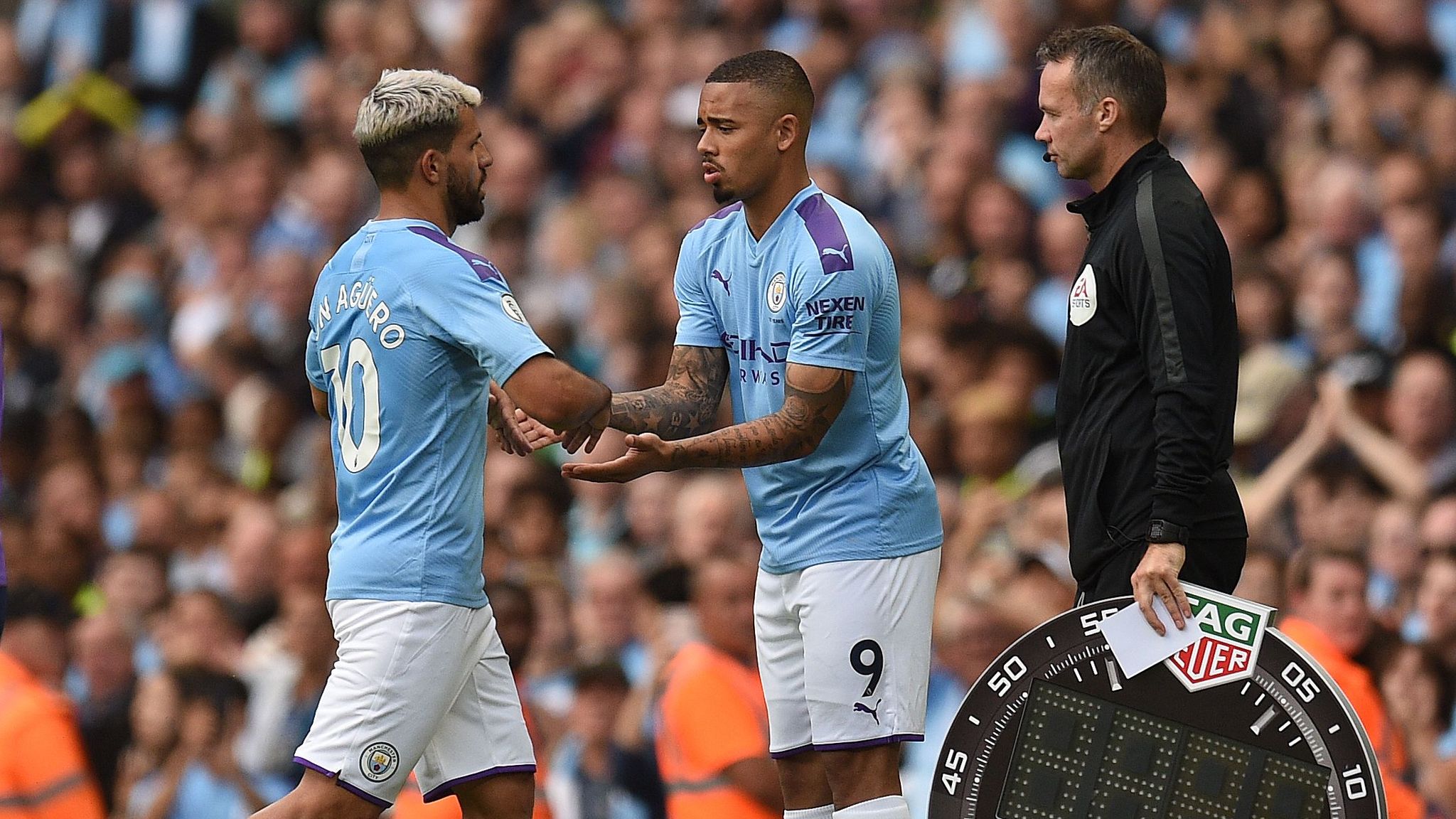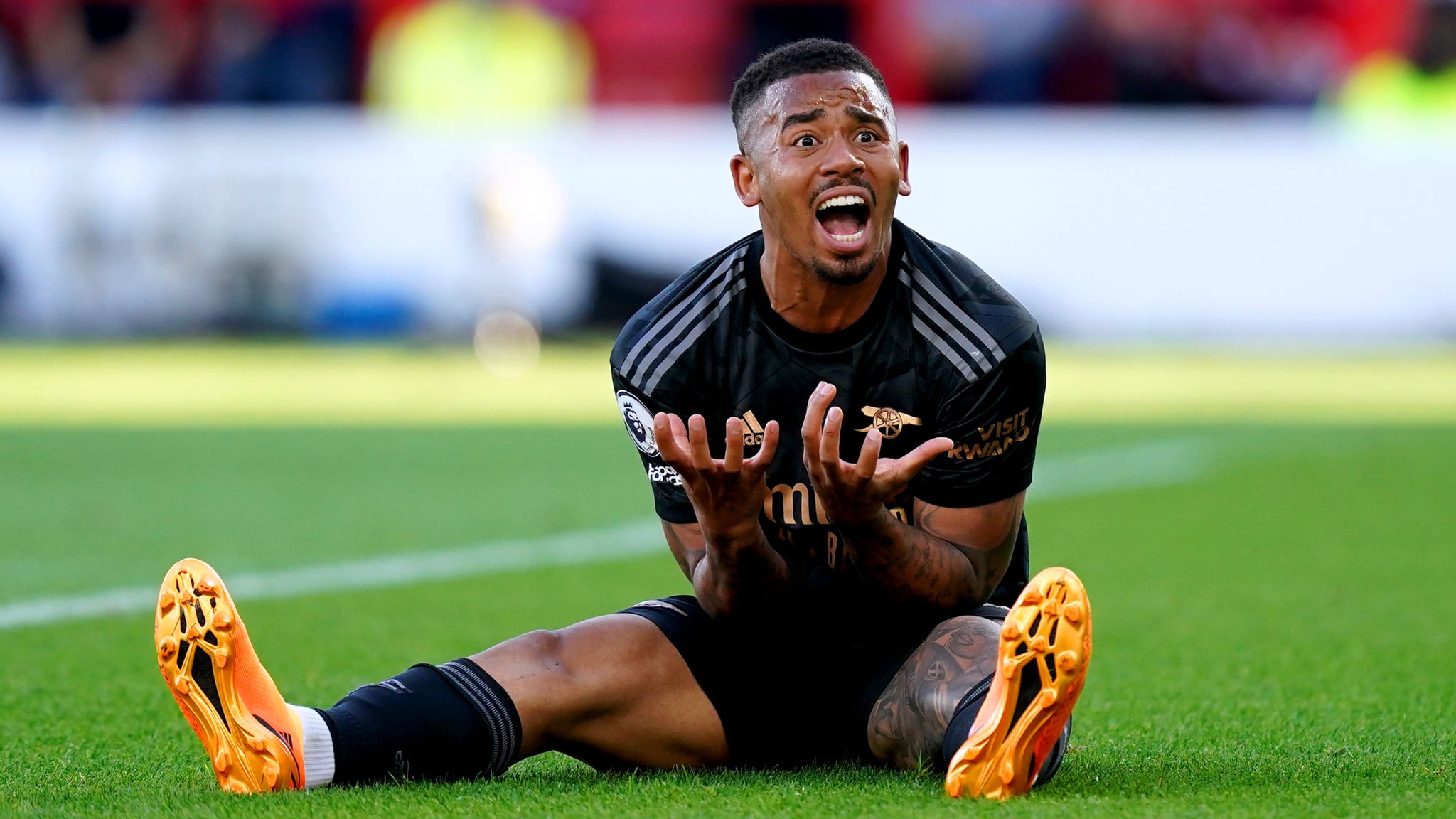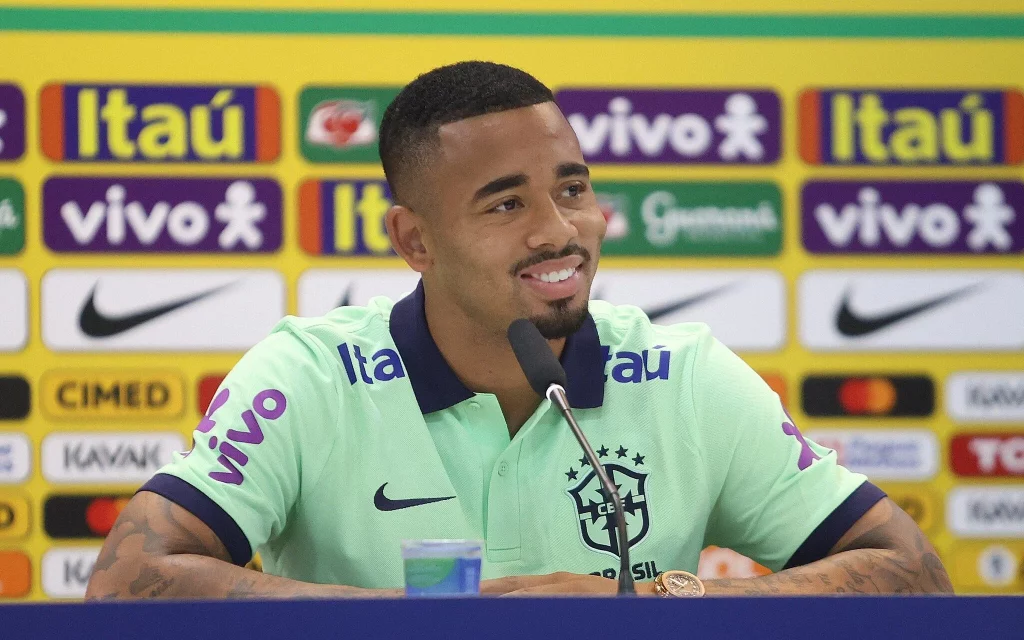Author: Vishwajit Sawant
In a surprising turnaround, Gabriel Jesus, the sensation of Brazilian soccer, has undergone a significant change in his style of play and approach, heralding a new chapter in his career. Known for his desire to compete as a central striker, he made a high-profile move from Manchester City to Arsenal last year, partly with the aim of securing the number 9 position both at club and international level.
However, Gabriel Jesus has since changed his mind. He now expresses his willingness to contribute to his teams in any capacity, showing his adaptability and versatility on the pitch.
The mobile style of play that has become a trademark of Gabriel Jesus’ game is seen as a valuable asset in his attempt to regain a prominent role in the national team. During his time at Palmeiras, he honed his ability to transition from playing on the wings to a more central role, often switching fluidly between positions. This style is what coach Fernando Diniz, who managed Palmeiras and is now in charge of the Brazilian national team, wants to see in the talented striker.

Gabriel Jesus shared insights into this new approach, saying: “At Palmeiras, I did a lot (moving from outside to inside), I think it was the club where I did it the most, when I started playing more centrally. I played as a center-forward, I was very loose and did the ‘machete’. That’s where I played the most. The first thing Diniz said when I came for the other call-up was that he wanted to see Gabriel from Palmeiras, from City.“
In his time at Manchester City, where he often partnered Sergio Agüero, he took on a more dynamic role, often running down the flanks. His move to Arsenal introduced him to a different style of play, in which he swaps positions with talented players like Gabriel Martinelli and Bukayo Saka.

Gabriel Jesus explained: “At City, I played a lot with Aguero and went out more, ran more. At Arsenal, I’m very loose. With Martinelli and Saka there, I swap a lot with Martinelli. But there it’s a more controlled game, it’s a different game.“
The Brazilian striker initially joined Arsenal with the ambition of playing as a central striker, a move in line with the club’s vision. However, circumstances, including injuries to key players, meant that he took on several roles, including that of wing-back.
Reflecting on this change, he commented: “This season has been different, we’ve had injuries and in the last few games I’ve played with three at the back. For a while, I thought about saying that I wanted to play as a 9, but I’m here to help the team. I’m blessed by God to have this talent and the versatility to play in all three positions up front. I’d rather not choose“.

As the Brazilian national team prepares to face Venezuela and Uruguay in upcoming matches, Gabriel Jesus’ adaptability and versatility provide valuable options for coach Fernando Diniz. His ability to switch seamlessly between positions provides tactical flexibility and unpredictability on the pitch, which could be key in Brazil’s quest for success.
Gabriel Jesus also spoke about his life outside soccer, revealing that he is enjoying a new phase as a husband and father. He spoke fondly of his family, acknowledging the support and love he receives from his mother, and expressed his happiness at being a husband and father.
In soccer, Gabriel Jesus is entering his third World Cup cycle, recognizing the importance of consistently delivering top-level performances. He emphasized the need for continuous improvement and adaptation, saying: “Every time you reach the national team, you have to demonstrate. It doesn’t matter if he scores a goal, he has to repeat it and improve in the next game. That’s the high level“.


